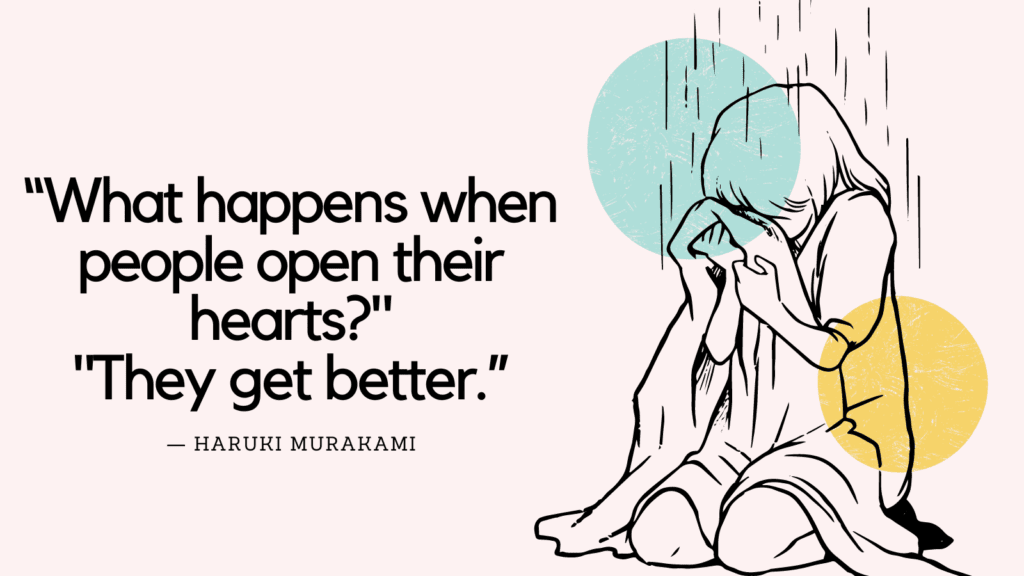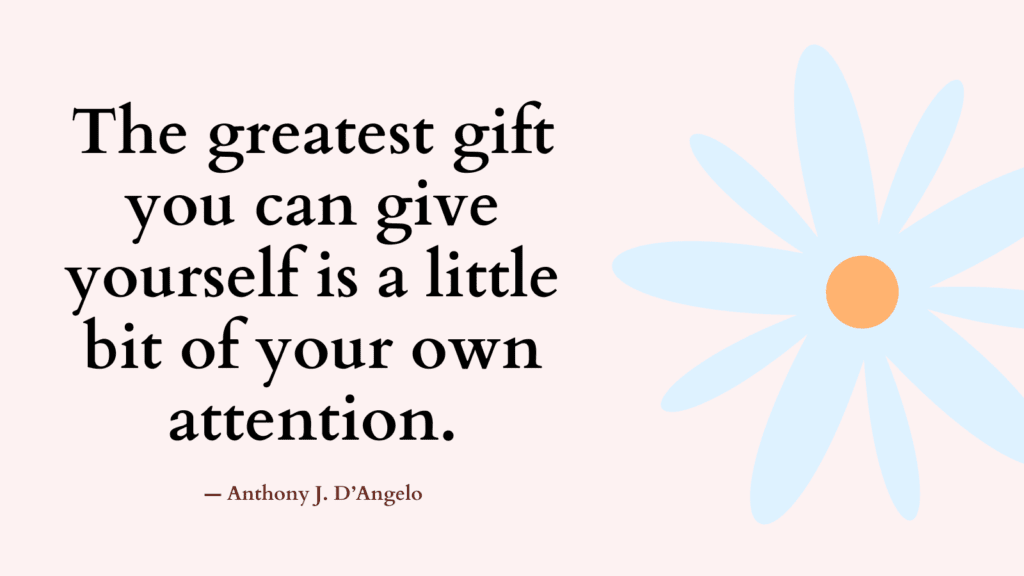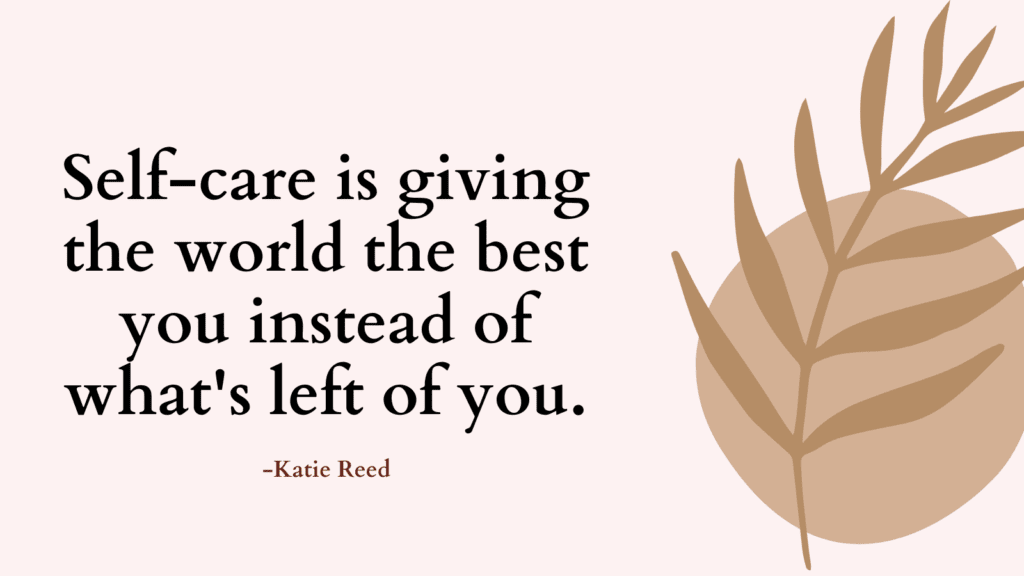This post contains “Am I emotionally unavailable quiz” to help you increase self-awareness.
What Is Emotional Unavailability?
Emotional availability is the ability to express one’s emotions, respond to the other person’s emotions, and share a healthy emotional connection.
Emotional unavailability, on the other hand, refers to the difficulty to express and handle emotions and fear of intimacy and commitment.
Emotional unavailability tend to cause issues in relationships most, but people can exhibit emotionally unavailable tendencies even with themselves.
People who are emotionally unavailable tend to struggle to identify their feelings, needs, and desires.
Related: Lack Of Self Awareness: 5 Signs & 5 Tips On How To Increase Self-Awareness
Am I Emotionally Unavailable Quiz
The following questions represent common signs of emotional unavailability:
Results
#1. Do you tend to avoid commitment or labels by insisting you don’t want to define the relationship?
#2. Do your conversations tend to stay surface level?
#3. Do you struggle to talk about your feelings?
#4. Do you tend to struggle to empathize with others when they share their feelings?
#5. Do relationships feel like a job or a burden because you have to work hard to have emotional conversations that will sustain the relationship?
#6. Do you tend to struggle with relationship anxiety where you about your partner’s feelings, your own feelings, or the state of the relationship?
#7. Do you often struggle o trust your partner even when they’ve done nothing that suggests they can’t be trusted?
We will not sell your information. All results are kept confidential.
This quiz is for informational purposes only. It is not meant as a diagnostic or assessment tool.
Results
The questions above represent common signs of emotional unavailability. If you answered yes to most of these questions, then you might be emotionally unavailable.
Related: Best 35 Journal Prompts To Get To Know Yourself
FREE Authentic Self Worksheets
What Causes Emotional Unavailability?
There isn’t one cause for emotional unavailability. Rather a number of factors can contribute to emotional unavailability, including:
Attachment style: people with insecure attachment styles tend to struggle with emotional unavailability.
Trauma: exposure to trauma, such as abuse or neglect can make it difficult to trust others.
Past relationships: negative past experiences can make it difficult to trust again.
Lack of self awareness: for those who never learned to connect with their own feelings, thoughts, and needs, it can be difficult to be emotionally available.
Related: How To Fix Anxious Attachment Style In 5 Steps

How to Become More Emotionally Available?
Becoming more emotionally available can take some time and effort, but the following steps may help:
1. Identify and address any emotional barriers you may have
It’s essential to recognize what may be holding you back from being emotionally available.
Maybe past traumas or experiences have made it challenging for you to trust others.
Acknowledge these barriers and work through them.
2. Be present in the moment
When you spend time with someone, focus on being present with them.
That means putting your phone away and actively listening to what they have to say.
3. Practice vulnerability
Practicing vulnerability is acknowledging and sharing your personal struggles, emotions, or imperfections with others.
This requires a great deal of courage, trust, and authenticity.
Vulnerability can be challenging because it involves stepping outside of our comfort zones, and opening ourselves up to rejection or judgment from others.
However, practicing vulnerability can also cultivate deeper connections, empathy, and self-awareness.
4. Work on communication skills
Sometimes, it’s difficult to express how we feel.
Take time to practice communicating your emotions by talking about your thoughts and feelings in a more direct way.
Journaling about your feelings and thoughts can be a good practice. The following prompts may help:
- What is something that has been weighing on your mind lately? Why do you think it has been bothering you?
- Describe a time when you felt overwhelmed or stressed. What helped you cope with those feelings?
- Consider a time when you felt let down or disappointed. What were your expectations and how were they not met? How did you react to this disappointment?
- Write about a time when you felt grateful for someone in your life. What did they do that made you feel appreciative?
- Think about a challenge or obstacle that you’ve faced recently. How did you overcome it? What lessons did you learn from the experience?
5. Cultivate empathy
Empathy is the ability to understand and share the feelings of another person.
Try to put yourself in other people’s shoes and see things from their perspective.
This helps build empathy and understanding.
Conclusion
Becoming more emotionally available is a process, and it takes time and patience.
But with effort and a willingness to be vulnerable, you can build deeper connections with those around you.







